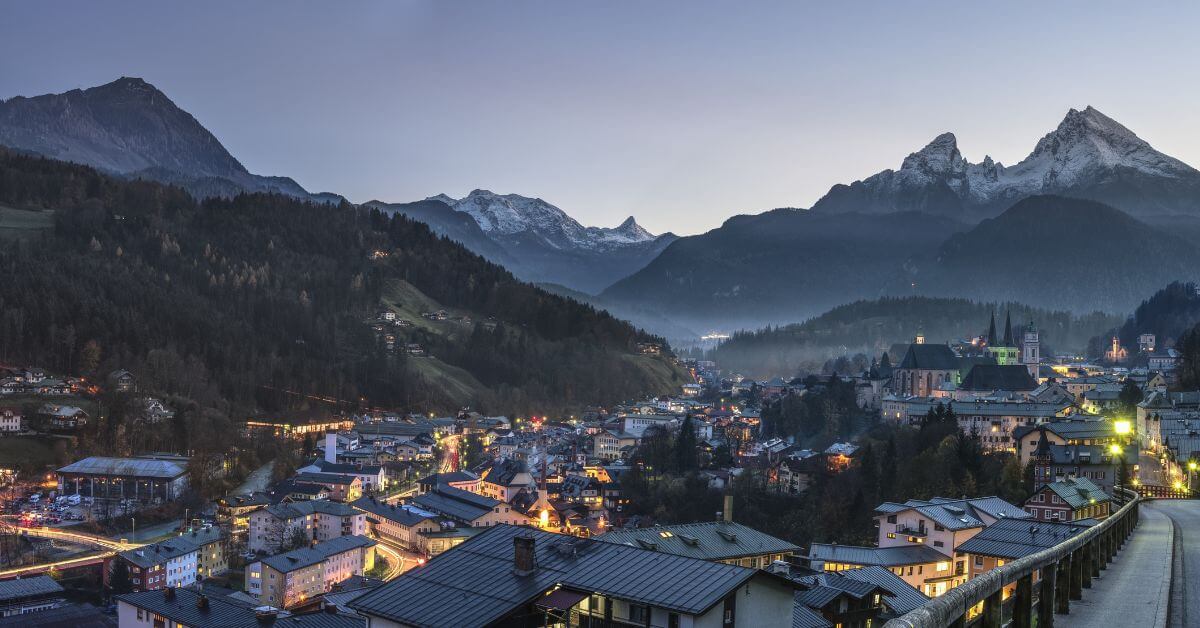Nigeria’s vibrant capital Abuja is a canvas filled with a variety of cultures, traditions, and experiences.
Its districts can be explored like a cultural journey, with hidden gems waiting to be found around every corner.
This book takes you on a magical tour of Abuja’s neighborhoods, introducing you to the vibrant city’s colors, tastes, and rhythms.
Getting Around the Cultural Districts of Abuja
- The Garki District: A Multicultural Mecca
The district of Garki benefits from the blending of cultures.
Its markets are a kaleidoscope of sights, sounds, and smells, like the Garki International Market.
The neighborhood is home to the renowned Millennium Park, where cultural celebrations and festivals honor Nigeria’s history.
- Asokoro District: The Pinnacle of Style
Asokoro exudes sophistication and elegance.
Residences for government officials, high commissions, and embassies are located in this area.
The Aso Villa and Presidential Complex serve as emblems of the strength and renown of the country.
- The Wuse District: A Fusion of Tradition and Modernity
In the neighborhood of Wuse, tradition, and modernity coexist harmoniously.
The Jabi Lake Mall offers more modern shopping options, while the crowded Wuse Market displays traditional crafts and produce.
- Maitama District: Stunning Attractions
Maitama exudes luxury and wealth.
The area is a haven for those seeking sophistication with its posh restaurants, lavish homes, and tranquil parks.
- The Center of Business: The Central Business District
The commercial hub of Abuja is the Central Business District.
It includes architectural marvels like the National Assembly and the Central Bank of Nigeria, which represent the country’s strength in both business and politics.
Enjoy Cultural Delights in Full
- The Journey of Food: From Street Food to Fine Dining
Savour traditional Nigerian cuisine in neighborhood eateries or indulge in international cuisines served in fine dining establishments throughout the districts as you set out on a culinary adventure.
- Markets and Galleries for Art and Craft Exploration
Discover Abuja’s creative soul by taking a look at its thriving arts and crafts scene.
Visit exhibition spaces featuring modern Nigerian art or peruse regional marketplaces like the Arts and Crafts Village.
- Museums and Landmarks: Heritage and History
Visit historical sites like the National Mosque and National Christian Center as well as museums like the Nigerian National Museum to learn more about Abuja’s past.
- Green Escapes: Recreational Areas and Parks
In Abuja’s lush parks and recreational areas, unwind and relax.
For both locals and tourists, peaceful retreats are available at Millennium Park, Jabi Lake Park, and Magicland Amusement Park.
Appreciating the Culture of Abuja as It Is
- Music and Dance: Celebration Rhythms
The sounds of music and dance that represent Nigeria’s rich cultural heritage fill the neighborhoods of Abuja.
Attend live music concerts, festivals, and dance performances to experience the vibrant artistic expressions of the community.
- Icons of Identity in Architecture
Architectural marvels that represent the character of the city can be found in every district of Abuja.
Witness the magnificence of the National Mosque, built in the Arabic and Nigerian architectural styles, or the National Christian Center, a complex work of art.
- Craftsmanship and traditional attire: The Art of Expression
Visit the local markets to find intricate handcrafted items and traditional Nigerian clothing.
You can see the artistry of regional handiwork in everything from vibrantly colored fabrics to intricately beaded jewelry.
- Neighborhood Meetings: Interactions and Connections
Engaging with the locals is one of the most rewarding aspects of touring Abuja’s neighborhoods.
Engage in dialogue, elicit information, and learn about their culture through stories, traditions, and way of life.
Addressing Common Questions:
- Are Abuja’s districts easy to navigate for tourists?
Yes, there are roads and highways that connect all of Abuja’s districts together.
Maps, GPS units, and available local transportation are all available to tourists for convenient exploration.
- How can one best experience the local culture in these areas?
Immerse yourself in the vibrant culture of the city by interacting with residents, visiting markets, going to cultural events, and talking to artisans in the Arts and Crafts Village.
- Are the neighborhoods secure for lone travelers?
Although Abuja is generally safe, it is advisable to exercise caution by avoiding isolated areas at night and learning about local laws.
Choosing reputable transportation options increases security.
- Do these areas offer family-friendly activities?
Yes, there are many family-friendly activities available in Abuja’s neighborhoods, including parks, museums, and cultural institutions that welcome visitors of all ages.
Conclusion
Exploring Abuja’s neighborhoods is a journey into the heart and soul of the city.
You are invited to explore the layers that make up this vibrant tapestry by exploring each district as a chapter in the story of Nigeria’s diversity.
You’ll be enthralled by Abuja’s symphony of cultures, variety of cuisines, and mosaic of experiences as you travel through the districts.
The districts of Abuja are a magical world just waiting to be explored, whether you’re indulging in culinary treats, getting lost in art and history, or finding solace in green spaces.





